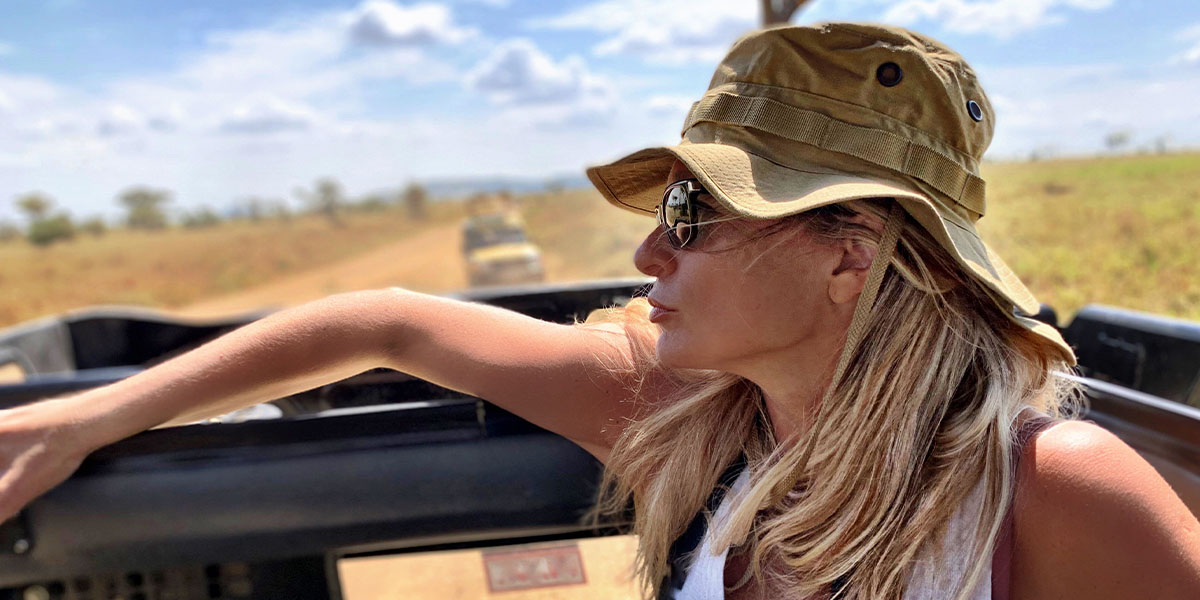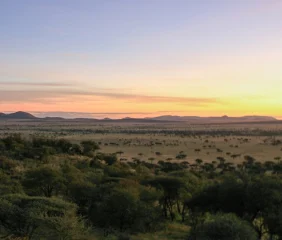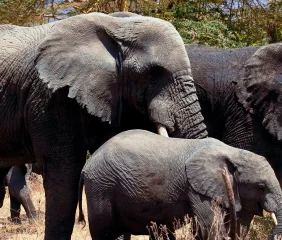Safari planning tips: What to know before you go
Embarking on an African safari is the dream of many adventurers drawn to the allure of wild landscapes and the chance to see some of the world’s most majestic creatures in their natural habitat. But a successful safari requires thorough preparation. This article will cover the essentials of safari planning to ensure that your trip is not just exhilarating but also safe and seamless.
Choosing a Tour Operator
The first step in planning your safari is selecting a trustworthy and reputable tour operator. The right operator can make the difference between a trip of a lifetime and a disappointing experience. Why choose us? Our mission is simple: to provide unparalleled safari experiences while prioritizing conservation efforts and supporting local communities. We believe in the power of travel to inspire, educate, and conserve the planet’s precious ecosystems and wildlife.
- Research: Look for reviews and testimonials from past travelers to gauge the operator’s reputation. Travel forums and platforms like TripAdvisor can be valuable resources.
- Experience and expertise: Choose a company with a proven track record in organizing safaris. Ask about the guides’ qualifications and knowledge of the area.
- Sustainability: Opt for tour operators with a strong commitment to conservation and who practice sustainable tourism.
- Budget and style: Whether you prefer luxury lodges or are up for tented camps, ensure your operator can cater to your style and budget.
When to go on a safari adventure?
Timing is crucial when planning a safari. Consider the seasons and climate, as these can impact wildlife viewing opportunities – the dry season (June to October) is typically the best time for game viewing as animals gather around water sources.
What to Pack
Packing for a safari means walking the line between essentials and overpacking. Here’s a quick list of must-haves:
- Clothing: Pack light and choose layers. Opt for neutral colors that blend with the environment.
- Footwear: Durable, comfortable hiking boots are essential.
- Binoculars: Enhance your viewing experience by bringing a good pair of binoculars.
- Cameras and Accessories: Charge batteries and bring memory cards for capturing moments.
- Protection: Sunglasses, wide-brimmed hats, and high-SPF sunscreen will protect you from the sun. Include insect repellent for mosquito protection.
- Health Kit: Pack a small health kit with bandaids, painkillers, and any personal medication.
Understanding park regulations
Each national park or reserve has its own set of rules designed to protect wildlife and ensure visitor safety. Common regulations include to stay in the vehicle, except in designated areas, you’re required to remain in the vehicle to minimize disturbances to animals and for your safety.
- Respect Animal Space: Always keep a respectful distance from wildlife. Feeding or provoking them is strictly prohibited.
- No Littering: Preserve the pristine environment by taking all of your trash with you.
- Noise Level: Keep noise to a minimum to avoid scaring off wildlife and to maintain the tranquility of the wild.

Vaccinations and health precautions
Visit your doctor or a travel clinic well in advance of your trip to discuss necessary vaccinations and health precautions. Malaria prophylaxis is often recommended, as well as vaccinations for Yellow Fever, Typhoid, Hepatitis A, and others, depending on the region you’ll visit.
Visas and documentation
Confirm whether you need a visa to enter the country you’re visiting. For most African safari destinations, you can either get a visa on arrival or apply for one in advance. Ensure your passport has at least six months of validity beyond your travel dates.
Local customs and culture
Showing respect for local customs and cultures is essential:
- Learn Local Phrases: Knowing a few greeting words in the local language can go a long way.
- Cultural Sensitivity: Research and be mindful of cultural norms, especially when interacting with local communities.
- Tipping: Familiarize yourself with tipping practices as they can differ from one country to another.
Insurance
Travel insurance is crucial. Apart from covering trip cancellations or baggage loss, ensure your insurance offers comprehensive medical coverage. Consider policies that include medical services, just in case.
On Safari – expect the unexpected.
The unpredictability of nature is part of the allure of a safari. Animal sightings can never be guaranteed, and sometimes, the most thrilling experiences come from the unexpected encounters.
In conclusion, planning a safari can seem daunting at first, but with the right preparation, it can easily become one of the most rewarding experiences of your life. Take your time to research, prepare and understand all the aspects of a safari adventure. Embrace the spirit of adventure and respect the natural order, and you’re sure to have an African safari that is as enlightening as it is exciting. The call of the wild is compelling – answer it with a well-planned journey into the heart of Africa’s wilderness.
A dream come true



